The Bureau for Historic Preservation (BHP) unveiled Pennsylvania’s Statewide Historic Preservation Plan last year. In an effort to assist County Planning Directors and Certified Local Governments to become familiar with the Plan, BHP recently sent a request for our local government partners to endorse the plan. Continue reading
Category: Community Character (Page 18 of 18)
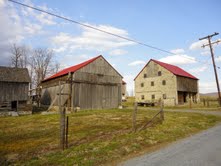
Preserving the Oley Valley Rural Historic District in Pennsylvania
by Brenda Barrett
Editor’s Note: This post was originally published in the Living Landscape Observer and appears here with the permission of the author and founder of that publication, Brenda Barrett. We appreciate Brenda’s contributions and reporting on this subject.
Even in a state famous for its agricultural landscapes, the Oley Valley in southeast Pennsylvania is an exceptional place. Located in a in a bowl-shaped valley flanked by the forested hills of the Reading Prong and underlain by limestone, the region is drained by two small creeks, the Manataway and the smaller Monocacy. English Quakers, French Huguenots, and Palatine farmers from Switzerland and Germany settled in the valley as early as 1725 in search of religious freedom and good farmland. They found both, producing an 18th-century pattern of farmsteads, fields, and villages that has marked the landscape ever since. Continue reading
The April 2013 edition of The Burg featured an article about a coalition of dedicated volunteers with a mission to preserve Harrisburg’s historic black churches. The author attended a local training program led by Partners for Sacred Places where he learned how these historically significant buildings can serve a larger role in neighborhood revitalization.
The Spotlight Series is an occassional series that highlights interesting people, places, programs, and partner organizations working on historic preservation issues.
Erected in 1938, the Mother’s Memorial is situated prominently in the town of Ashland, PA, in the anthracite coal region of Schuylkill County. The Ashland Boys’ Association (A.B.A.), an organization of men and boys born in Ashland, raised the funds for the fabrication and erection of this monument in 1938. Continue reading
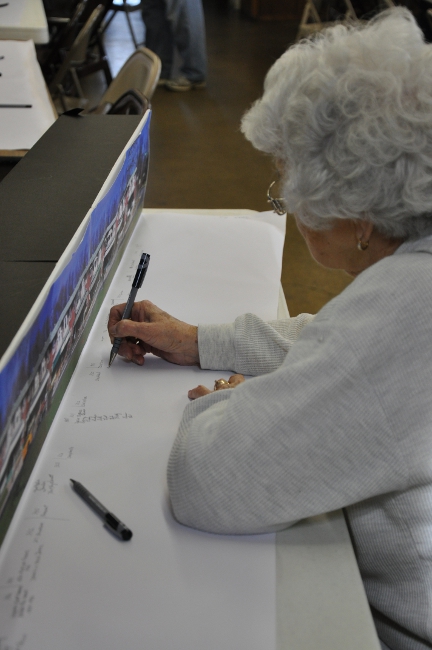
The Potential of Cultural Landscapes
Peirce Lewis, an American geographer and emeritus professor at the Pennsylvania State University, may have best described the concept of cultural landscapes; “The human landscape is our unwitting autobiography, reflecting our tastes, our values, our aspirations, and even our fears in tangible, visible form.” Land shows both individual and collective beliefs in a physical manifestation. Most of us can physically see what we do to our land. However, stories associated with the “how” and the “why” we do these things are part of the cultural landscape because they support associated trends, events, and individuals. This is important to state, and restate, because we forget about the depth of information caught-up in the unseen value system that drives the building of communities and use of resources. Continue reading

Pennsylvania’s Post World War II Suburbs
The BHP launched the Pennsylvania’s Historic Suburbs website in September 2010. The first installment focuses on post World War II housing developments.
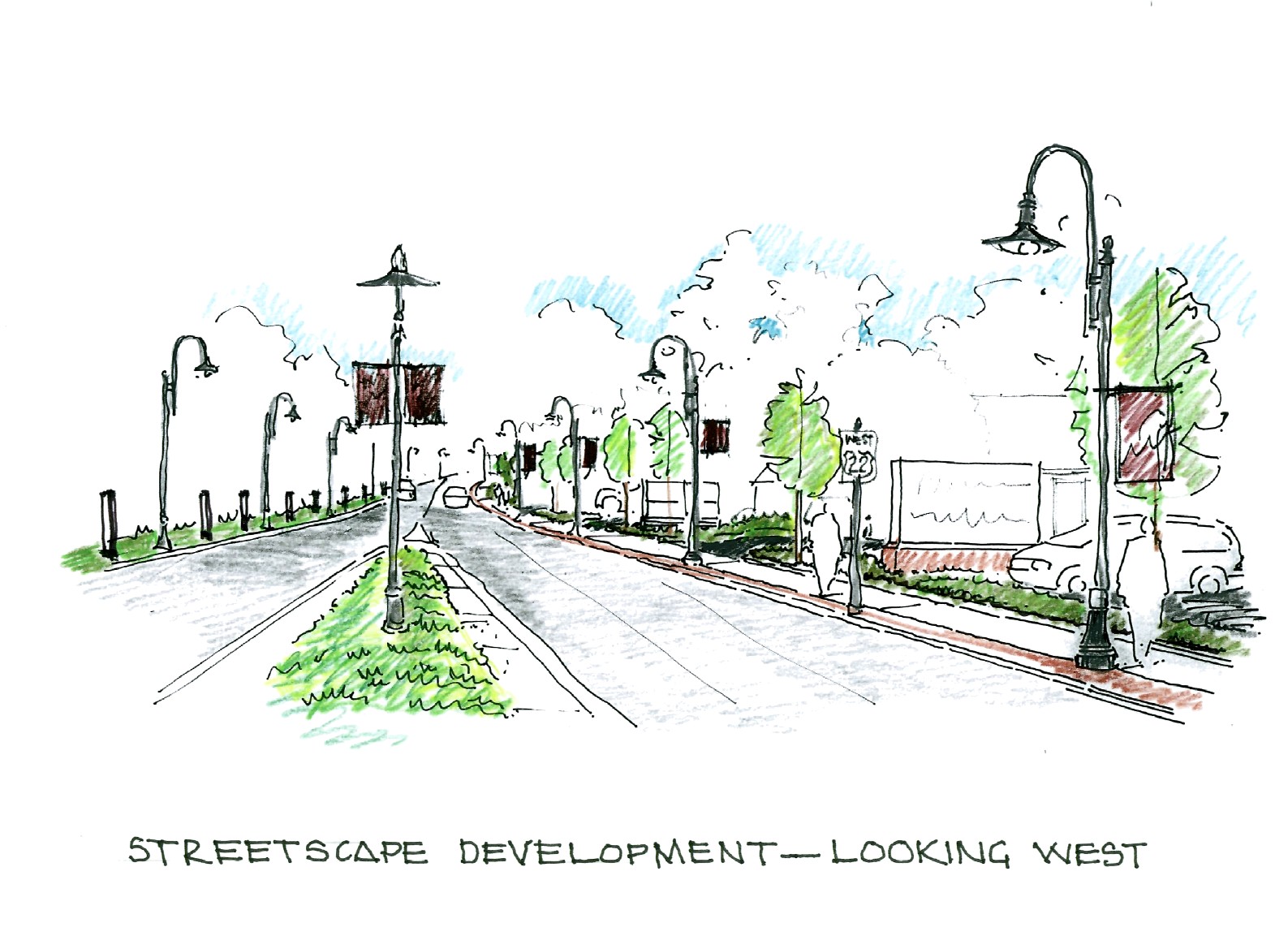
You Speak and We Listen: Design Assistance for Pennsylvania’s Communities
Or at least we try to. In 2008, BHP conducted a questionnaire for Certified Local Governments (CLGs). Among many other suggestions, the most frequent request we received was to help with design issues. The Certified Local Government (CLG) program is one of the federal historic preservation programs administered by the BHP. Essentially, local governments who agree to operate their historic preservation programs according to Pennsylvania’s CLG guidelines can be certified through our office and the National Park Service. CLG certification, among other benefits, provides access to a dedicated source of funding for non-construction preservation projects from BHP.
Continue reading
Anne E. Nelson
Historic preservation in Pittsburgh has had a productive past few months. Activity in downtown Pittsburgh is blossoming due to the rehabilitation and adaptive reuse of several historic buildings by developers using historic preservation tax incentives. The boundaries of a locally designated historic district were recommended for expansion by the City of Pittsburgh’s (City) Historic Review and Planning Commissions to the City Council. The City issued a Request For Proposal (RFP) to undertake an economic study of the financial and social impacts of preservation. In addition, the Pennsylvania Historical & Museum Commission (PHMC) is recommending to the National Park Service for listing on the National Register of Historic Places a new historic district, as well as boundary expansions and updated inventories for four existing National Register districts in downtown Pittsburgh.
As the Commonwealth’s State Historic Preservation Office, the Pennsylvania Historical and Museum Commission’s Bureau for Historic Preservation (BHP) is responsible for partnering with all the citizens of Pennsylvania to advocate for the protection of the Commonwealth’s natural and cultural heritage. To do this, the Bureau for Historic Preservation (BHP) develops a statewide strategic plan every five years that lays out goals and actions steps that will guide our priorities over the next five years. It’s a big job to develop and implement this plan, because, as you know, Pennsylvania is a very big and historic place. To preserve and protect our important history, we need everyone to pitch in. And, this is why I’m sending you this inaugural message about BHP’s latest effort to improve our communication with all of you! I’m hoping that you will be receptive to our messages and that we will hear back from you!
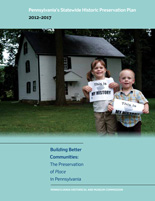
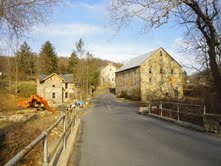
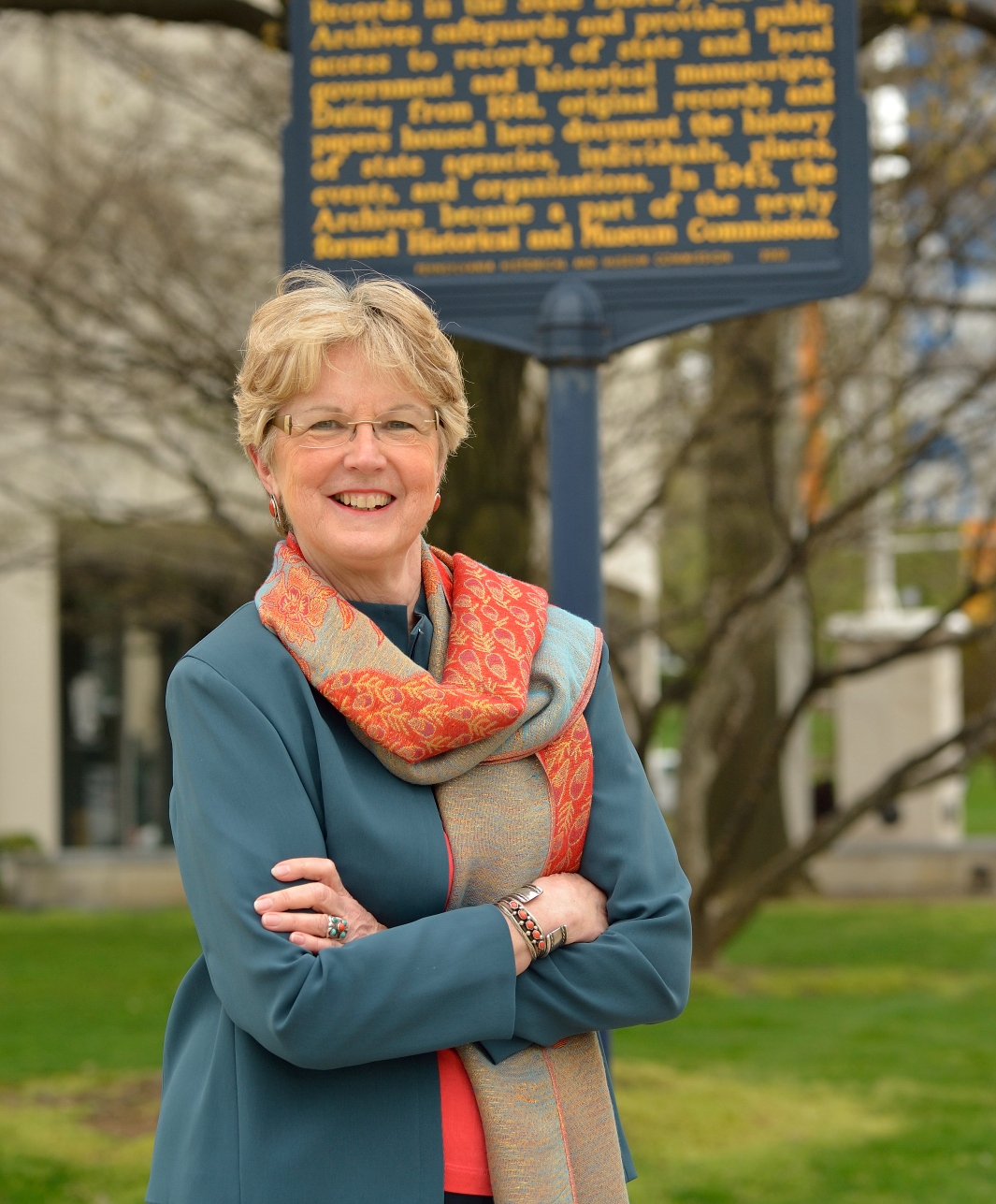
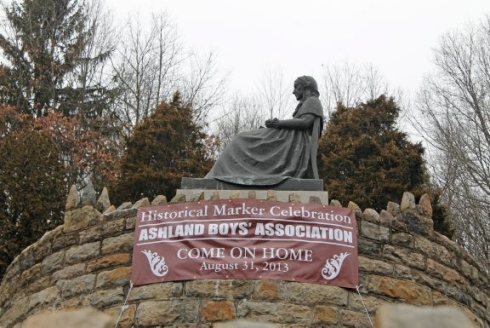
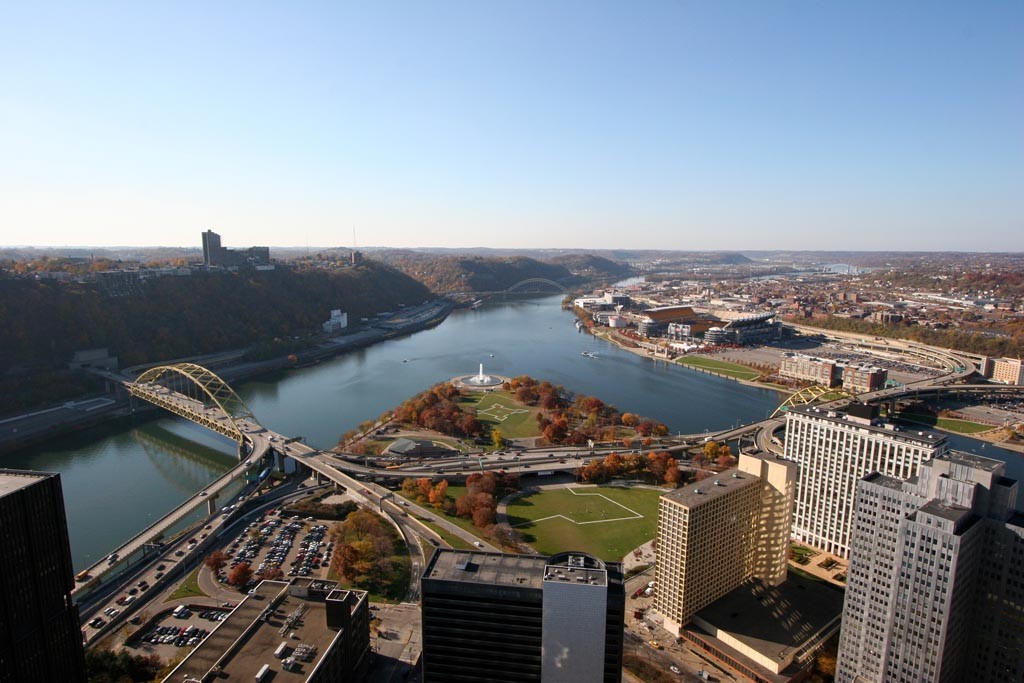
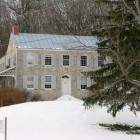
Recent Comments